Resource Hub
Teaching
Theories of Education
Re‑examining the integration of routine and adaptive expertise
Through an overview of perspectives from the field of motor control and learning, this article emphasize the interplay between the inherent noisiness of the human motor architecture and the stability of motor skill performances.
| Source | Rune Dall Jensen, Ryan Brydges, Lawrence Grierson, Advances in Health Sciences Education |
Using meaningful Contextual Variation to enhance understanding and promote learning transfer
This guide defines and outlines the use of meaningful Contextual Variation in teaching and learning environments.
| Source | University of Toronto |
Integrating Social and Behavioral Sciences to Support Learning
| Source | Zarah K. Chaudhary, MSc, Maria Mylopoulos, PhD, Rachael Barnett, Sanjeev Sockalingam, MD, MHPE, Michael Hawkins, MD, J. Darcy O’Brien, MD, and Nicole N. Woods, PhD |
Humanism, the Hidden Curriculum, and Educational Reform
| Source | Maria Athina (Tina) Martimianakis, PhD, Barret Michalec, PhD, Justin Lam, Carrie Cartmill, MHSc, Janelle S. Taylor, PhD, and Frederic W. Hafferty, PhD |
Exploring cognitive integration of basic science and its effect on diagnostic reasoning in novices
Integration of basic and clinical science knowledge is increasingly being recognized as important for practice in the health professions.
| Source | Kristina Lisk, Anne M. R. Agur, Nicole N. Woods, Perspect Med Educ. 2016 Jun; 5(3): 147–153. |
Developing the experts we need: Fostering adaptive expertise through education
Three key educational approaches have been shown to foster the development of adaptive expertise: learning that emphasizes understanding, providing students with opportunities to embrace struggle and discovery in their learning, and maximizing variation in the teaching of clinical concepts. There is solid evidence that a commitment to these educational approaches can help medical educators to set trainees on the path towards adaptive expertise.
| Source | Maria Mylopoulos, Kulamakan Kulasegaram, Nicole N Woods (2018) J Eval Clin Pract 674-677 |
Seven-Step Framework for Critical Analysis and Its Application in the Field of Physical Therapy
The purpose of critical analysis is to invite and promote dialogue that assists physical therapist clinicians, researchers, and students to arrive at new insights about the impacts of their day-to-day actions.
| Source | Stephanie A. Nixon, Euson Yeung, James A. Shaw, Ayelet Kuper, Barbara E. Gibson |
Paradigms of Education
Introduces six prevalent and relevant paradigms for health professions education. We define paradigm as a system of thought about educational purposes and practices.
| Source | Centre for Faculty Development, Temerty Faculty of Medicine, University of Toronto at Unity Health Toronto (2019) |
Teaching for Transformation
Introduces and inspires a transformative education approach with a focus on critical pedagogy. Provides activities to support your understanding and provide practical tools for education practice
| Source | Centre for Faculty Development, Temerty Faculty of Medicine, University of Toronto at Unity Health Toronto (2018) |
